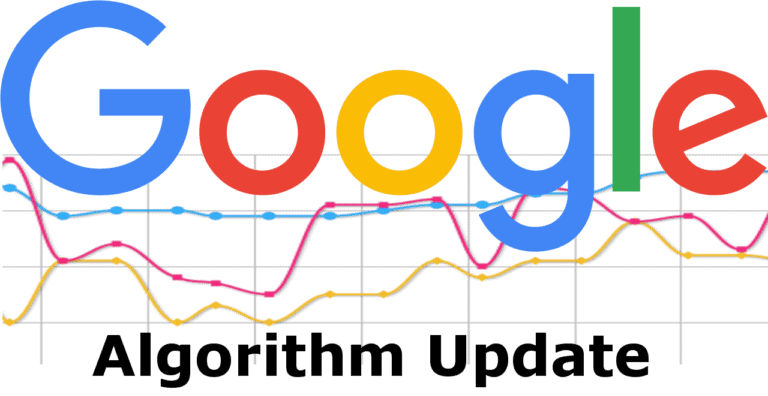Google Search's Core Updates and Your Website in 2024
Several times a year, Google implements significant and broad changes to its search algorithms and systems, known as core updates. These updates are announced on the list of Google Search ranking updates.
The primary goal of core updates is to ensure that Google continues to deliver helpful and reliable search results. This page explains how core updates work and what you can do to assess and potentially improve your content.
How Core Updates Work
If your pages are not performing as well as they were before a core update, it doesn’t necessarily mean there’s something wrong with them. They haven’t violated Google’s spam policies or been subjected to manual or algorithmic penalties.
Core updates don’t target specific pages or sites; instead, they improve how Google’s systems evaluate content overall. As a result, some pages that were previously under-rewarded may now rank higher in search results.
Think of a core update like updating a list of the top 100 movies from 2021 in the year 2024. Naturally, the list will change. New, excellent movies will be added, and some films may be reassessed and ranked higher than before. Similarly, pages that move down in rankings after a core update aren’t necessarily bad; rather, more deserving content has taken precedence.

Assessing Your Own Content
Pages affected by a core update might not need fixing. However, if your pages aren’t performing well after a core update, you may still want to take action. Focus on offering the best content possible, as this is what Google’s algorithms aim to reward.
To create successful content, refer to our help page on how to create helpful, reliable, people-first content. It includes questions you can ask yourself to evaluate your content.
Consider auditing the pages that experienced the biggest drops. Identify which pages were most impacted and for which types of searches. Analyze these pages against the self-assessment questions.
For instance, other pages might be outperforming yours because they provide first-hand knowledge on the topic.
You might also ask trusted individuals (unaffiliated with your site) for an honest assessment.
Core Updates vs. Minor Updates
Google’s ranking algorithm undergoes both core and minor updates, each serving to enhance the quality and relevance of search results. While core updates are significant, impacting a broad range of indexed web pages, minor updates target fewer pages.
Core updates can influence 5 to 10 percent of all searches, whereas minor updates typically affect only 0.1 to 1 percent. These minor tweaks are often so subtle that they go unnoticed by most webmasters.
Minor updates happen more frequently than core updates. Google’s engineers and search specialists implement these small changes daily.
In contrast, core updates are carefully planned months in advance and may take several weeks to be fully deployed.
Recovery from a Core Update
Broad core updates typically occur every few months. Content affected by one update might not recover until the next broad core update is released, assuming improvements have been made.
However, Google constantly updates its search algorithms, including smaller core updates that aren’t widely announced but can still affect content recovery if warranted.
Keep in mind that improvements made to your site don’t guarantee recovery, and no page has a static or guaranteed position in search results. Google’s systems will continue to rank the most deserving content highly.

